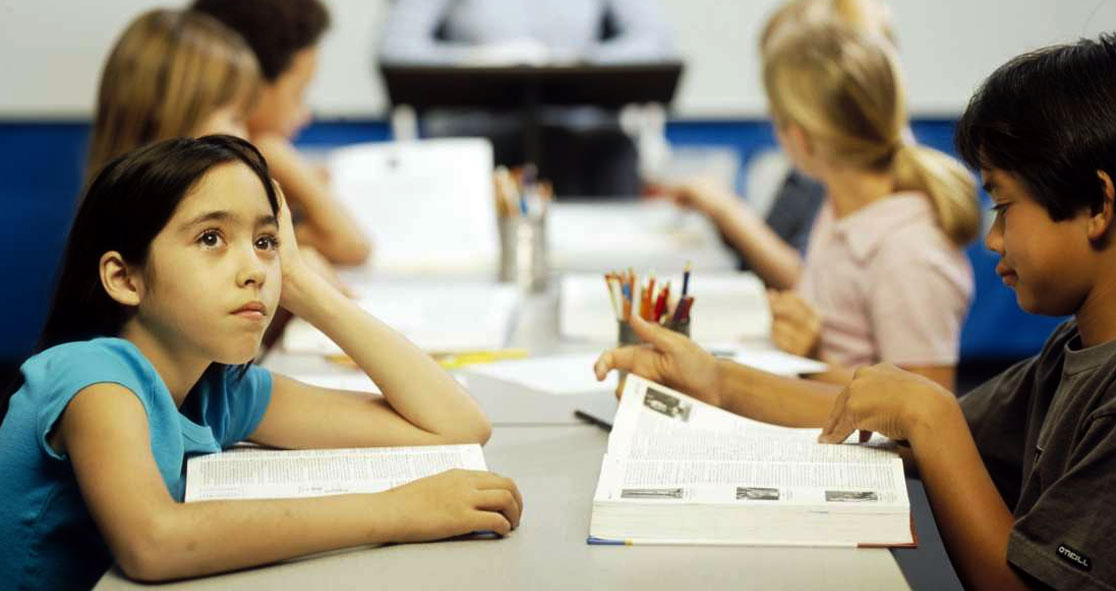New research published last week in JAMA Pediatrics has found that school closures due to the COVID pandemic are affecting children worldwide, according to CNN Health.
The study looked at children and teenagers from 11 countries, including the United States, the United Kingdom, Brazil, Canada, China, Italy, Japan, Spain, Turkey, and Bangladesh.
Researchers found that children experienced both physical and mental issues, such as lower physical activity, food insecurity, school disengagement, anxiety, and depression, due to school closures and social lockdowns.
Dr. David Rubin of Children’s Hospital of Philadelphia, who was not part of the study, said, “How much of that is the schools being closed versus just the complete social isolation that has been borne by Covid? It’s hard to tell but clearly over time, this is taking a greater toll.”
“There’s a lot that goes into the fabric of a school day that builds a community around the child that they’ve not been able to fully take advantage of over the last couple of years,” he added.
The study found that physical activity declined in children by 25% and childhood obesity in American children increased by 11%. In England and Canada, around 25% of adolescents reported increased depressive symptoms.
Dr. Danielle Dooley of Children’s National Hospital, who was also not part of the study, said, “The toll that school closures and social isolation has had on kid’s mental health cannot be overstated.”
“As the latest Omicron wave has shown, these discussions are not behind us. We must continue to fully weigh how each decision can impact the lives of children,” added Dr. Dooley, who is the medical director of Community Affairs and Population Health in the Child Health Advocacy Institute.
Clinical psychologists say going to school and talking with teachers help children.
Dr. Lisa Damour, an Ohio-based clinical psychologist, said the school has a lot of “developmentally nutritious” things to offer children outside of academic work. “Going into school means connecting with friends and teachers, expanding their thinking and getting out of the house,” which is essential for kids.
Dr. Sheri Madigan, a clinical psychologist at the University of Calgary in Canada, said, “For some youth, school is a safe haven for them to reach out to a teacher to say, ‘I’m not doing well’ or reach out to a psychologist who might work there or a principal.”
“It’s not just that school is closing, it’s all of the things that come with school that are really critical to children’s mental health,” she added. “Interactions with their peers, access to mental health support, connections with teachers, feeling a sense of community. These are really important ingredients for mental wellbeing.”
Dr. Damour said, “When routines get swept away, not only do we lose all the good activity that was built into the routine. We also lose the mental ease of not having to decide how to spend one’s time. There are ways to still bring kids out into the world safely.”























